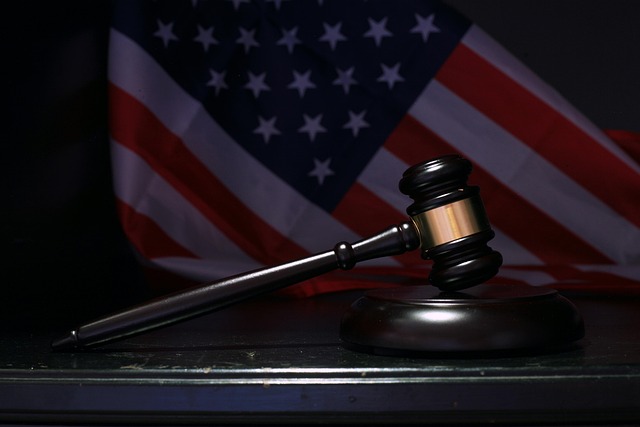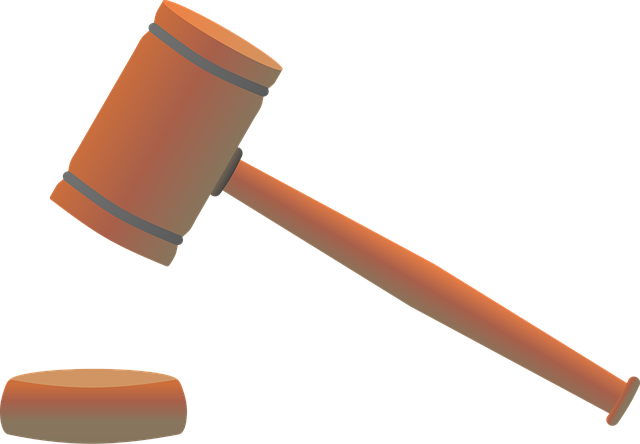Criminal law cases balance individual rights protection with public safety through investigations, trials, and sentencing, focusing on justice. Legal Actions for Unfair Workplace Practices address discrimination, harassment, and labor law violations, where skilled White Collar Defense attorneys guide victims, protect their rights, and seek remedies. Common offenses carry significant legal repercussions, while defendants use strategies to avoid indictment and secure fair trials. Evidence interpretation is crucial for just decisions, and understanding legal rights & defenses is vital, especially in high-stakes cases involving unfair workplace practices.
“Criminal law cases encompass a complex web of legal procedures, rights, and consequences. This comprehensive guide delves into the multifaceted world of criminal justice, offering insights on key aspects. From understanding the foundational principles of criminal law to exploring specific crimes and their repercussions, we provide an overview crucial for all. Furthermore, this article sheds light on legal action for unfair workplace practices, emphasizing the importance of procedural fairness. By examining defense strategies and the rights of accused individuals, readers gain a holistic perspective on navigating criminal law cases.”
- Understanding Criminal Law Cases: An Overview
- Legal Action for Unfair Workplace Practices
- Common Crimes and Their Legal Ramifications
- The Role of Evidence in Criminal Law
- Defense Strategies and Legal Rights of Accused Individuals
Understanding Criminal Law Cases: An Overview

Criminal law cases involve legal actions taken by the state against individuals or entities accused of committing crimes. These proceedings encompass a complex series of events, from the initial investigation to the final verdict. Understanding criminal law cases requires grasping the intricate balance between protecting individual rights and ensuring public safety. It involves navigating all stages of the investigative and enforcement process, including arrests, charging, pretrial hearings, jury trials, and sentencing.
The focus in criminal law is not merely on punishment but also on justice. This includes providing a fair trial for accused individuals, where they can defend themselves against allegations. Legal action for unfair workplace practices, for instance, falls under this remit. Throughout these proceedings, it’s crucial that rights are respected and all parties involved have access to adequate representation, ensuring a balanced and just outcome is reached, for his clients.
Legal Action for Unfair Workplace Practices
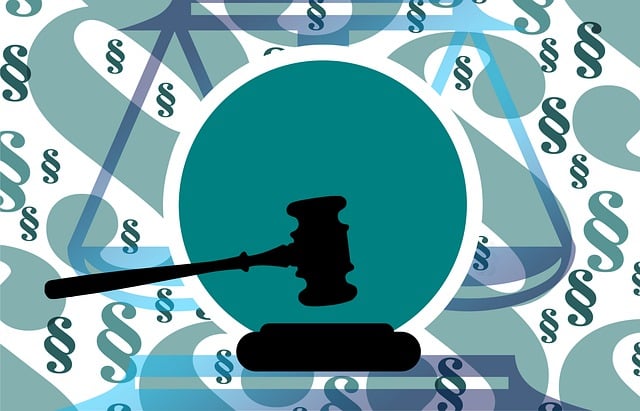
In many cases, employees who face unfair workplace practices have the legal right to take action against their employers. This is particularly true when such practices cross into illegal territory, such as discrimination, harassment, or violation of labor laws. A legal action for unfair workplace practices can be a powerful tool for justice and redress. When employees band together to fight these injustices, they not only protect themselves but also contribute to creating safer, more equitable workplaces for everyone.
For his clients facing white collar and economic crimes, skilled attorneys specializing in white collar defense play a crucial role. They guide victims through the legal process, ensuring their rights are protected and helping them seek appropriate remedies. Whether it’s negotiating settlements or representing clients in court, these lawyers work tirelessly to achieve favorable outcomes for those who have been wronged in the workplace.
Common Crimes and Their Legal Ramifications
In the realm of criminal law, understanding common crimes and their legal ramifications is paramount for both victims seeking justice and defendants aiming to navigate a challenging legal landscape. Offenses such as theft, assault, and fraud top the list of frequently encountered cases. The legal system’s response to these crimes involves a complex interplay of prosecution, defense, and ultimately, judgment or verdict. For instance, when an employee faces unfair workplace practices, including discrimination or harassment, the legal action for such treatment can lead to significant outcomes, from financial compensation to policy changes within the organization.
Avoiding indictment is a key concern for many defendants, especially those with unprecedented track records in challenging defense verdicts. Legal strategies often focus on presenting mitigating circumstances, questioning evidence, and exploiting procedural loopholes to ensure a fair trial. The goal is not merely to win challenging defense verdicts but also to uphold the integrity of the legal process, ensuring that justice is served without prejudice or bias.
The Role of Evidence in Criminal Law
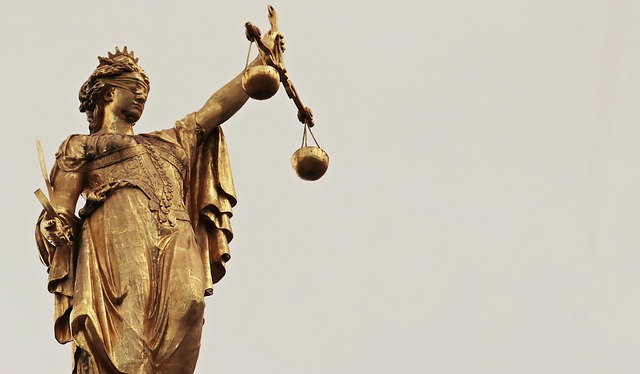
In criminal law, evidence is the cornerstone upon which a case is built or dismissed. It’s crucial in guiding judges and juries to make informed decisions, ensuring justice is served. The presentation of compelling evidence can mean the difference between achieving extraordinary results for corporate and individual clients, leading to a complete dismissal of all charges.
Effective use of legal strategies to interpret and present evidence is paramount. Lawyers must navigate complex rules governing admissibility, reliability, and relevance to ensure their client’s rights are protected throughout the legal action for unfair workplace practices or any other criminal proceeding. A robust understanding of evidentiary principles can significantly impact the outcome of a case, underscoring its critical role in the criminal justice system.
Defense Strategies and Legal Rights of Accused Individuals
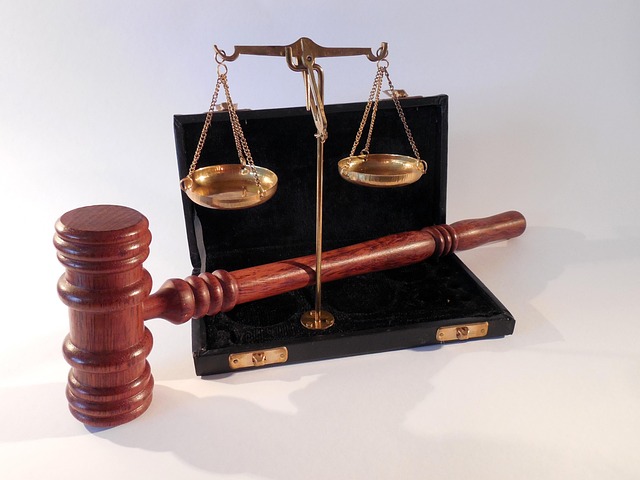
When facing criminal charges, accused individuals have a range of legal rights and strategic defenses at their disposal. One crucial aspect is the right to counsel, ensuring they can navigate the complex criminal justice system effectively. Skilled defense attorneys play a pivotal role in developing tailored strategies, which may include challenging the admissibility of evidence, questioning witness testimonies, or arguing for mitigating circumstances. These approaches aim to avoid indictment and present compelling cases for winning challenging defense verdicts.
High-stakes cases often require innovative legal action, especially when addressing issues like unfair workplace practices. Accused persons can assert their rights to due process and a fair trial while exploring alternative defenses or seeking evidence that disproves the prosecution’s claims. By employing these tactics, individuals can protect themselves from potential wrongful convictions and strive for favorable outcomes in their specific circumstances, regardless of the case’s complexity.
Criminal law cases encompass a wide range of issues, from understanding legal procedures to navigating unfair workplace practices and common crimes. As seen throughout this article, each aspect plays a crucial role in ensuring justice is served. When facing criminal charges, individuals must be aware of their legal rights and the potential consequences. By examining evidence, employing strategic defenses, and seeking appropriate legal action, one can navigate these complex cases effectively. Remember that understanding your options and knowing your rights are essential steps in any criminal law journey. In particular, for those facing workplace-related issues, taking legal action for unfair practices can be a game-changer.

